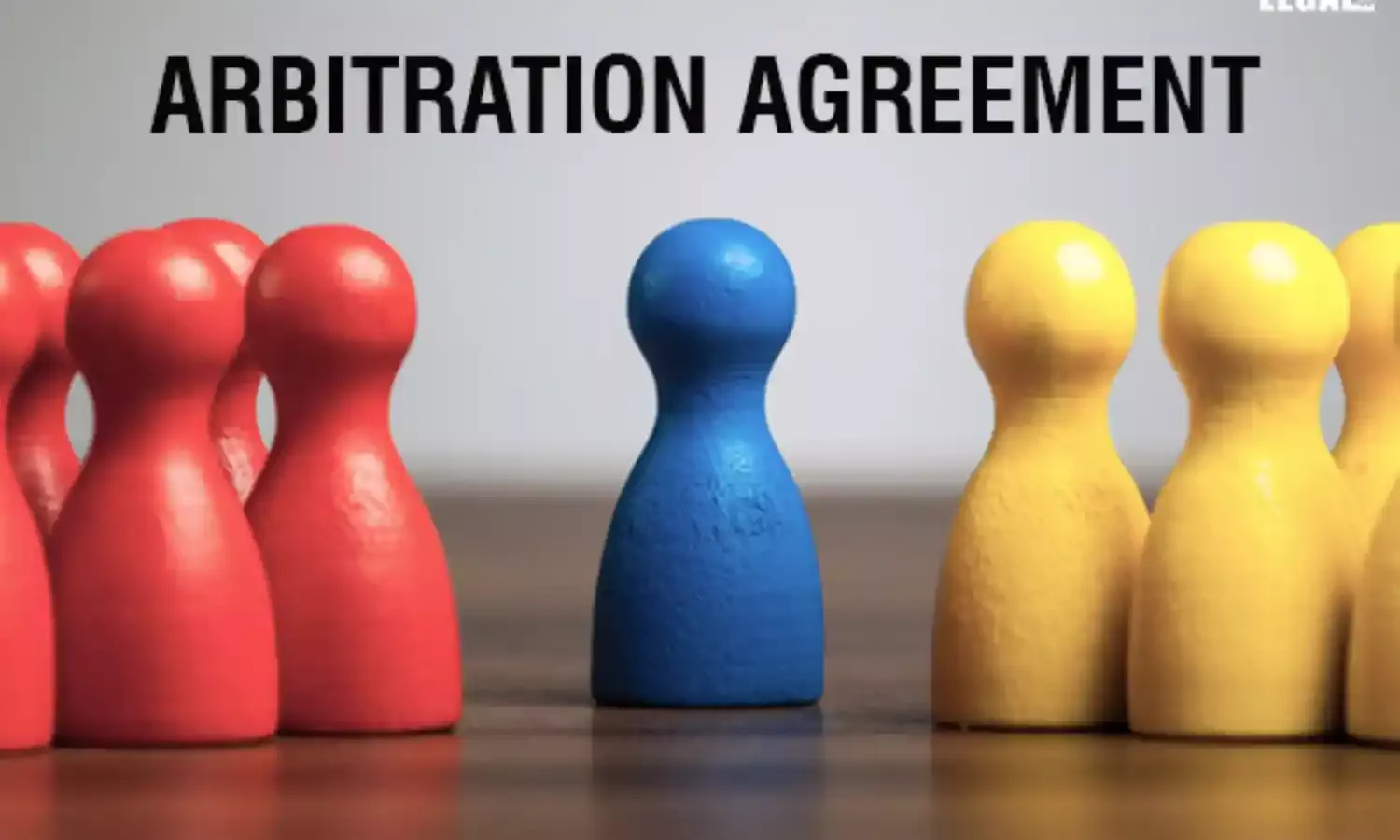Bombay High Court: Individual or Minority Members of Housing Society Are Not Entitled to Invoke Arbitration Clause in Development Agreement.
Justice Manish Pitale has ruled that individual and minority members of a society cannot activate arbitration clauses in;

Bombay High Court: Individual or Minority Members of Housing Society Are Not Entitled to Invoke Arbitration Clause in Development Agreement.
Justice Manish Pitale has ruled that individual and minority members of a society cannot activate arbitration clauses in a development agreement against the developer. The High Court has clarified that when a society and its members engage in a development agreement, the society acts on behalf of its members, consequently diminishing members' individual rights concerning the society.
The respondent, DGS Township Pvt. Ltd., its members, and the developer executed a development agreement that outlined the property's redevelopment in accordance with the specific regulations. The development agreement included a clause referring any disputes to arbitration. A supplemental development agreement was then signed, which included additional requirements such as increased payment and composition limits for the new buildings. However, disagreements started when the petitioner, Ketan Champaklal Divecha, and other members maintained that society had unfairly relinquished benefits under the original arrangement.
Efforts were made to resolve these disputes through communication, but ultimately, the petitioner and other members decided to invoke arbitration. Subsequently, the petitioner filed applications in the Bombay High Court ("High Court") under Sections 9 and 11 of the Arbitration and Conciliation Act, 1996 ("Arbitration Act") seeking the appointment of an arbitrator.
The respondent argued that individual members cannot independently initiate arbitration under the agreement. It contended that the arbitration clause was specifically meant for resolving disputes between the society and the developer, and therefore, individual members must pursue arbitration through the society rather than independently.
The High Court observed that the clause in the agreement stated that disputes between the 'parties' would be settled through arbitration under the Arbitration Act. Significantly, the clause explicitly indicated that the 'Society and the Members' together constituted one party, while the developer represented the other party. The High Court concluded that in the context of a cooperative housing society entering into a development agreement, the decisions made by the majority members would take precedence, thereby incorporating the individual members' preferences within the collective representation of the society.
The High Court cited the Supreme Court's ruling in Daman Singh & Ors. v. State of Punjab & Ors. and concluded that society acts and speaks collectively on behalf of individual members. Therefore, when the clause employs the plural term 'parties', it encompasses society and its members collectively on one side and the developer on the other.
The High Court emphasized that the clause in question was not solely procedural; rather, it dictated the initiation of arbitration and the selection of a sole arbitrator. Thus, the court determined that for a valid initiation of arbitration, notice must be issued jointly by the society and its members, or by the developer. It underscored that an individual member does not possess the authority to invoke arbitration under the clause. Consequently, the High Court construed the arbitration clause in the development agreement as an arrangement for resolving disputes between the society and its members, collectively, and the developer.
The High Court maintained that the development agreement should be interpreted within the cooperative framework of the housing society, where the decisions of the majority members will prevail, and observed that permitting individual members to commence arbitration proceedings could result in a proliferation of such actions, which would run counter to the agreement's intended purpose.
The High Court concluded that the petitioner's initiation of arbitration was flawed as it contradicted the cooperative nature of society and the principle of collective decision-making. As a result, the court dismissed the petition and application, stating that the petitioner and other minority members are not entitled to invoke arbitration.
Case Title: Ketan Champaklal Divecha v. DGS Township Pvt. Ltd. & another

